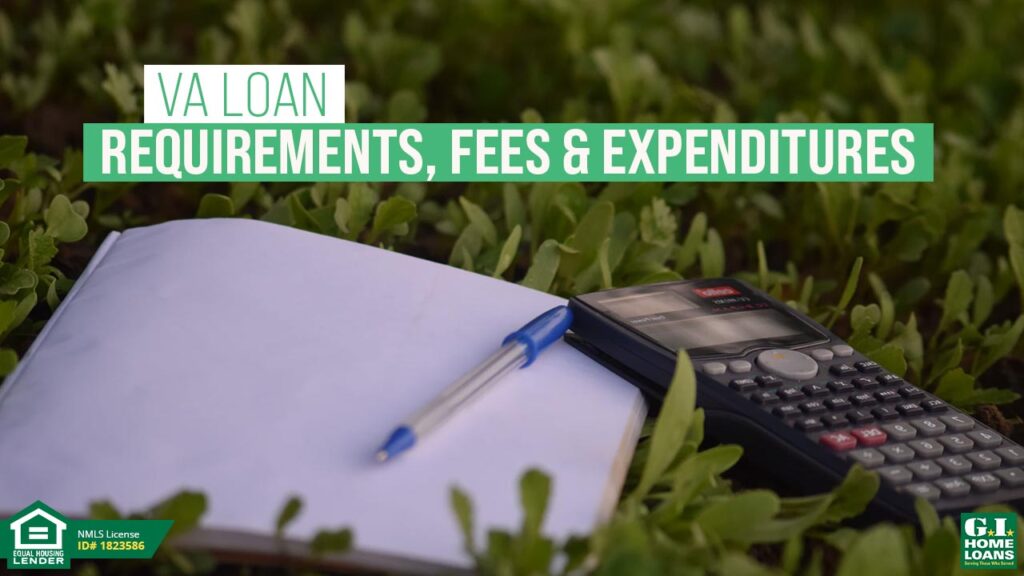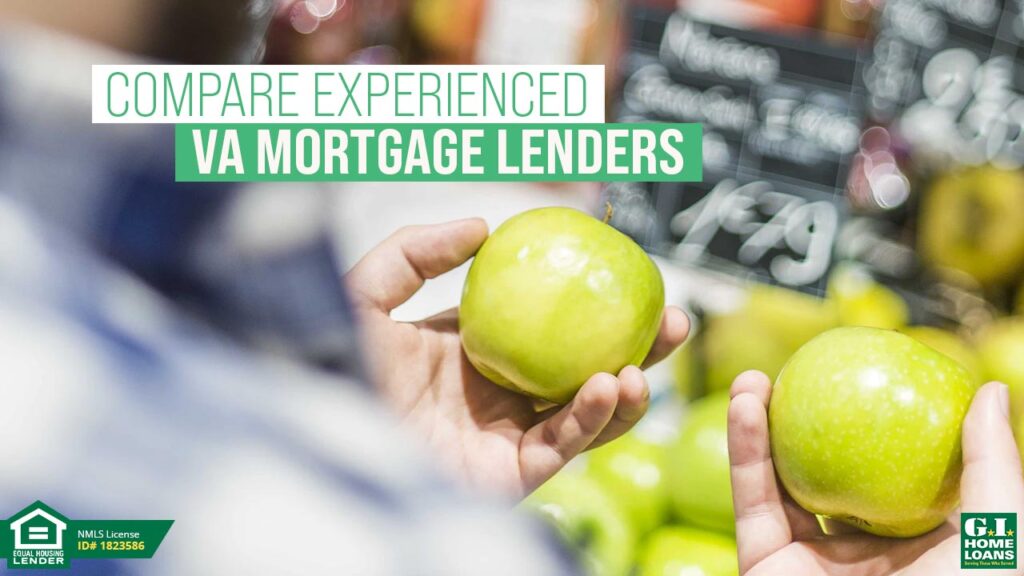5 Things First time Veteran Home Buyers need to know about VA Home loan
The VA home loan program comes with a bunch of exciting benefits – zero down payments, no PMI, low rates, low credit score requirements, and funding fee waivers. Additionally, The VA loan program never expires. If you have served the military 40 years ago you can still file the VA loan application depending on your eligibility.
VA loans are available from local lenders but all lenders or real estate agents aren’t familiar with the program. It is important to find a VA loan specialist because VA loan is a specialized program and involves steps that other mortgages don’t.
Here are 5 things that you should know before proceeding with a VA home loan.
1. Choose an experienced lender serving lots of military clients:
Military needs vary from active-duty veterans to disabled veterans; retired veterans to war returned veterans and so on. Hence, a lender who has dealt with military home buying clients doesn’t mean that he understands the military needs which are not as same as civilian needs.
When interviewing your lenders ask if they have any extra training such as the National Association of Realtors’ “military relocation professional” certification.
A VA home loan specialist lender will understand the VA appraisal process and would only guide you through properties that would qualify under the VA minimum property requirements.
Again, a VA loan expert will think and create an “exit plan” for you before buying or renting out the property in case you are an active-duty veteran and need to relocate later.
It is better to hire a lender who has served in the military in the past and has a military background. For instance, GI Home Loans was founded by a veteran, and many employees working in this company are also veterans. So, we know what it takes to serve in the military.

2. Requirements and Documents:
You must arrange all the documents below before talking to your lender as these documents will be needed to move forward with your loan application:
- 4 copies of DD-124
- Statement of Service
- VA disability paperwork
- Income Documents
- Certificate of Eligibility (COE)
It must be remembered that you don’t need the COE to start the process of a VA loan application. But you will need this to close the loan. Your lender can get the COE on your behalf. However, the process would speed up if you obtain the COE beforehand from the Veterans Affairs portal online.
3. Decide how you’ll pay the other loan charges
VA home loan program offers you flexibilities like no down payments, low credit score, or funding waiver fees for disabled veterans but there are other loan charges.
VA loans have closing costs and these include:
- Appraisal fees
- Inspection fees
- Title and origination fees.
- Funding fees
Every veteran cannot pay these fees upfront and we understand that. So, GI Home Loans is offering to pay the full $250 to $800 appraisal fee for the veterans as a token of gratitude for their services in the military. If you apply with GI home Loans you don’t need to pay the appraisal fee out of your pocket.
As far as other fees are concerned you can pay them in the following way:
- Merge your funding fee into the loan amount. This means you pay interest on the funding fee over the life of the loan.
- Ask your lender to cover the closing costs in exchange for a higher interest rate. This will increase the loan amount but you can pay it over the life of the loan.
- You can get cost assistance through a state home buying program as a first-time veteran home buyer. Ask your lender if you are eligible for any such home buying state program.
4. Stay Prepared with some cash in hand:
Though VA loans don’t require any down payment, there are other costs:
Cash Savings:
A lender would like to see that you have the ability to save money and are not living paycheck to paycheck. If any unexpected hurdle occurs then you will have the ability to manage after buying the home.
However, if you are a disabled veteran and living paycheck to paycheck you can apply for the VA loan program because you are expected to get additional benefits from the Veterans Affairs. Disabled Veterans will get the following benefits:
- No pre-payment penalties
- Exemption from the VA funding fee
- Grants for special accessibility modifications
Earnest money deposit:
You are required to pay 1% to 3% of the loan amount when making an offer on a house. This is to show that you are genuinely interested in the property. The earnest money would be merged into the purchase price, returned to you at closing, or forfeited if you back out of the deal.
Relocation and other expenses:
You will need to cover the expenses for moving, home maintenance, furniture, and other expenses that come with homeownership. These are out-of-pocket costs and should be kept prepared before buying the home.

5. Compare, Decide and Choose the Right VA Mortgage Lender
Your first consideration during lender shopping should be figuring out whether your lender is qualified for the LAPP. LAPP allows the VA loan officers to close the loan faster without involving the VA.
Another advantage of going for a LAPP qualified lender is that you will get to work with the best VA mortgage lender near you. This is because a lender must meet the following criteria to become qualified for the LAPP:
- Must be full-time appraisal reviewer on staff
- Must have a minimum of three years of qualifying experience to perform administrative appraisal reviews when underwriting VA loans
- Must show it has an effective quality control system in place to ensure the accuracy of the appraisal or staff reviews.
It is better to talk with three VA-approved lenders and compare them beforehand. Your lenders will give you an estimation of the monthly payment, closing costs, and the annual percentage rate as well as fees. In this way, you will be able to work with the best lender around.
Remember, that a home is one of the most valuable assets that you will ever buy. So, you should choose an expert VA Home Loan lender to safeguard your finance and property.
Interested to know about Refinance Options?
Read More: How to Refinance a VA Loan?